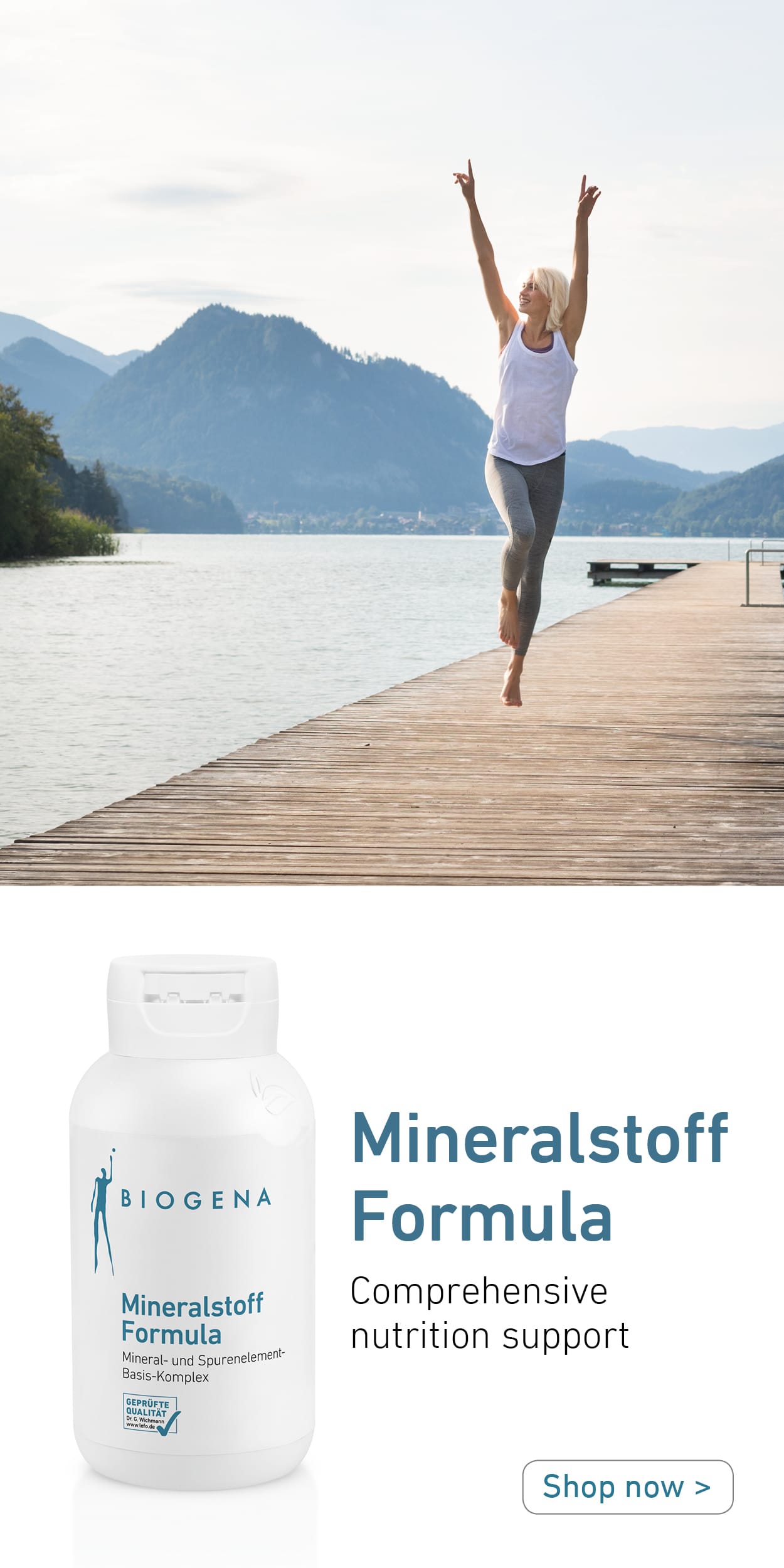A long-term study with 3,025 participants showed that women who regularly consume sufficient amounts of plant iron suffer less frequently from premenstrual syndrome (PMS). This article is the result of that study.
What is premenstrual syndrome?
The effects of premenstrual syndrome generally result in recurring physical and psychological discomfort. These effects can occur anywhere from a few days to two weeks before the onset of a menstruation cycle, but subside once menstruation begins. The most common effects include depression, irritability, physical fatigue, abnormal water retention in bodily tissues (edema), and breast tenderness. While more research is needed to better understand the exact triggers, it is apparent that changes in the hormonal balance after ovulation play a central role.
Sufficent consumption of plant iron could reduce the occurance of PMS by 30-40 %.
Herbal iron improves the symptoms of premenstrual syndrome
The study evaluated the diet, nutrition, and consumption of dietary supplements of 3,025 participants. The results showed a clear connection between the intake of specific trace nutritional elements and the occurrence of PMS.
Women who consumed sufficient amounts of plant iron had a 30-40% lower risk of premenstrual syndrome occurance. Notably, this effect was only apparent for vegetable iron, as opposed to iron consumed from meat.
Additionally, the trace element zinc showed preventive effects on the development of PMS in women of childbearing age. Previous studies have shown a link between the supply of certain micronutrients (e.g. vitamin B6, vitamin D) and the occurrence and severity of PMS.
Several reliable studies also exist concerning prolonged menstrual bleeding (menorrhagia) and the resulting elevated risk for iron deficiency and positive effects of supplementation.
Where can we find plant-based iron?
In addition to the well-known animal iron sources such as meat, eggs and fish, plant iron is found in wholemeal products and dark green leafy vegetables. Spinach has been regarded as the best source of iron, but linseeds, lentils, dried apricots, pistachios, oat flakes, and curry are also important sources of plant iron. For more information on iron see the focus article.















